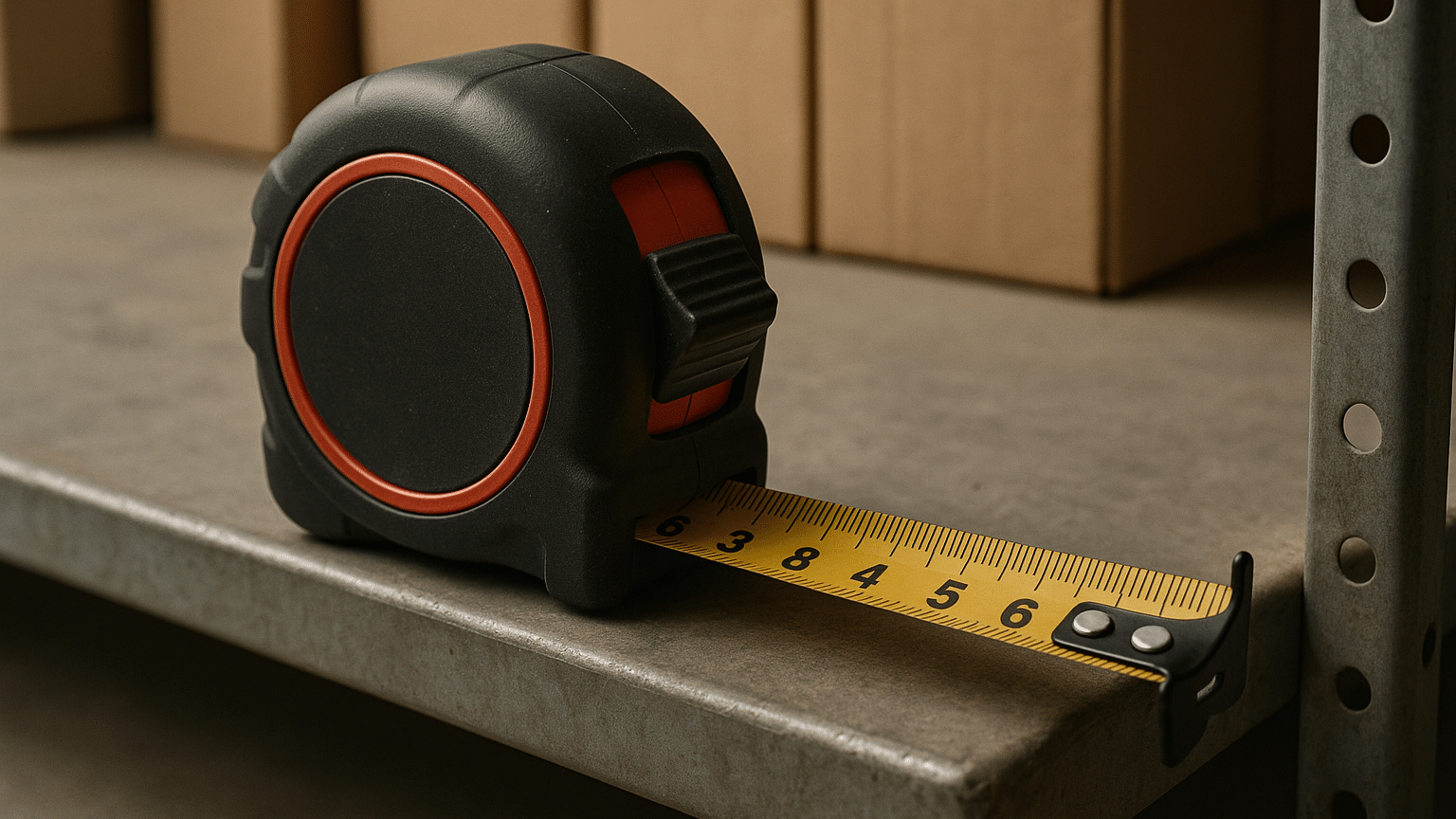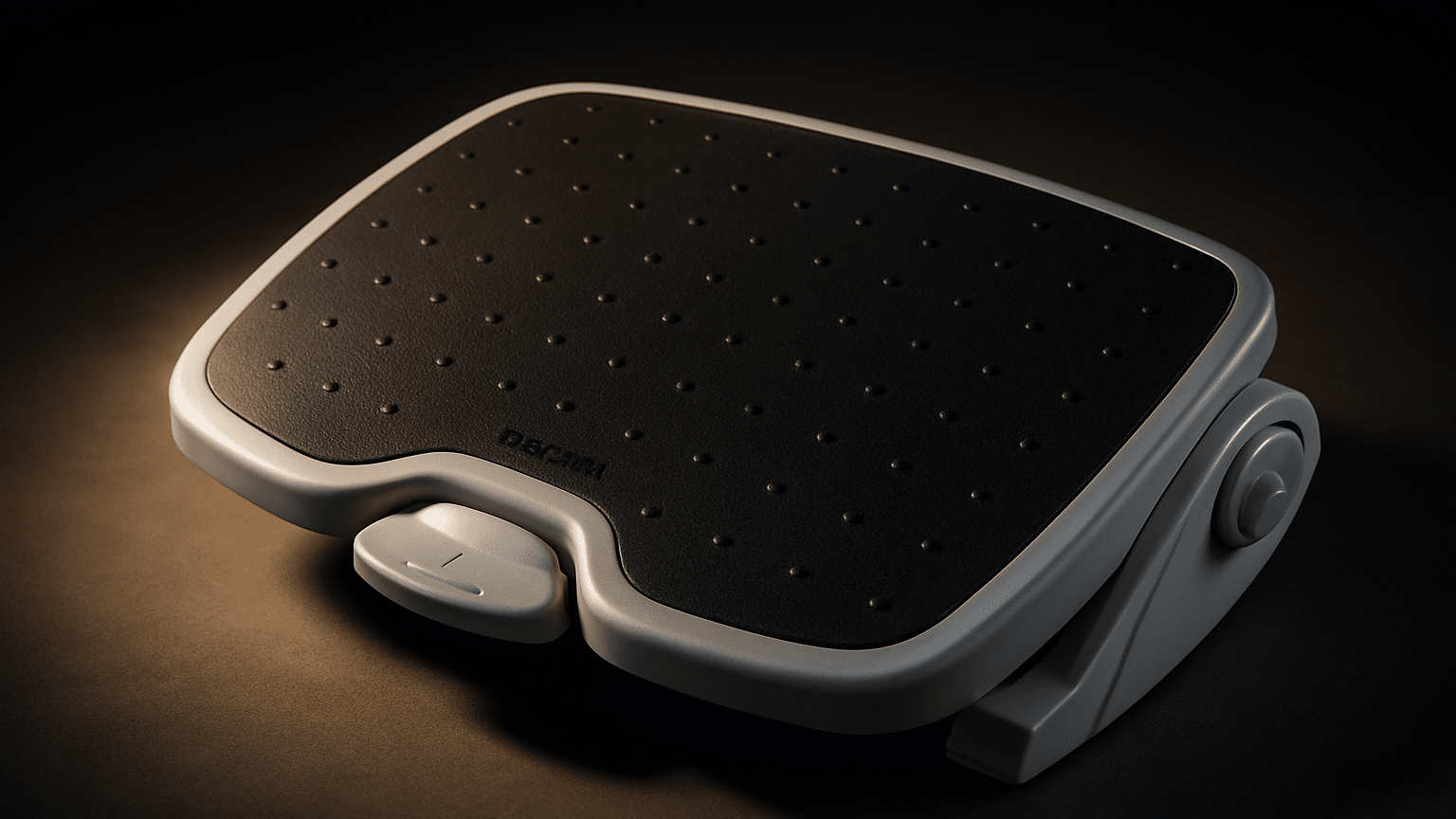Unveiling the Mystery: How Do Coffee Machines Work?
In the comfort of our homes and workplaces, coffee machines have become an indispensable gadget. Taking a deep dive into the mechanics of these machines will not only satisfy your curiosity but will also enhance your daily cup. Ready to enrich your coffee knowledge? Key Takeaways Understanding the fundamental components of a coffee machine can […]
In the comfort of our homes and workplaces, coffee machines have become an indispensable gadget. Taking a deep dive into the mechanics of these machines will not only satisfy your curiosity but will also enhance your daily cup. Ready to enrich your coffee knowledge?
Key Takeaways
- Understanding the fundamental components of a coffee machine can aid in its optimal usage.
- Each step in the coffee brewing process is essential for the final taste and quality.
- Different types of coffee machines operate differently, influencing the flavour profile of the brew.
- Heat and pressure play pivotal roles in the coffee brewing process and directly impact the quality of your cup.
The Basic Components of a Coffee Machine
Every coffee machine consists of essential parts including a reservoir for water, a heating element, a coffee basket that holds the ground coffee, and a carafe or cup to collect the brewed coffee. The distinctiveness of design and function ultimately determine the type of coffee brewed, and the overall coffee experience.
The Coffee Machine Mechanics: Step-by-Step Process
The magic of transforming water and coffee beans into a heartwarming cup happens in a systematic process. Water is poured into a coffee machine’s reservoir, then the heating element raises the water temperature. The hot water is then directed to the coffee basket, soaking the coffee grounds. The liquid seeps through the grounds, extracting their flavours and oils, into the carafe or cup, ready to be savoured.
Different Types of Coffee Machines and Their Operations
Coffee machines are not one-size-fits all, each type distinctively brews. Espresso machines force hot water through tightly packed coffee grounds at high pressure. On the other hand, drip or filter machines pour hot water over loosely packed grounds, letting gravity do the work. Understanding these differences can assist in choosing the perfect machine for your brewing preferences.
The Role of Heat and Pressure in Coffee Machines
Heat and pressure are essential for extracting flavours from coffee grounds. The optimal brewing temperature is widely accepted to be between 195 and 205 degrees Fahrenheit (90-96 degrees Celsius). Higher pressure typically leads to a more potent brew, as seen in espresso machines.
Common Issues and Troubleshooting Tips for Coffee Machines
From inconsistent brewing temperatures to blockages in the machine, common issues can arise from using coffee machines regularly. Regular cleaning and descaling, using the recommended type of water, and ensuring correct usage, all promote the longevity of the machine and the consistency of your brew, giving each cup of coffee its worth.
Conclusion
Now that you’re equipped with the dynamics of how coffee machines work, you can appreciate your daily cup even more. With newly gained knowledge and smart coffee choices, coffee brewing is no longer a chore but a fulfilling adventure.
“










